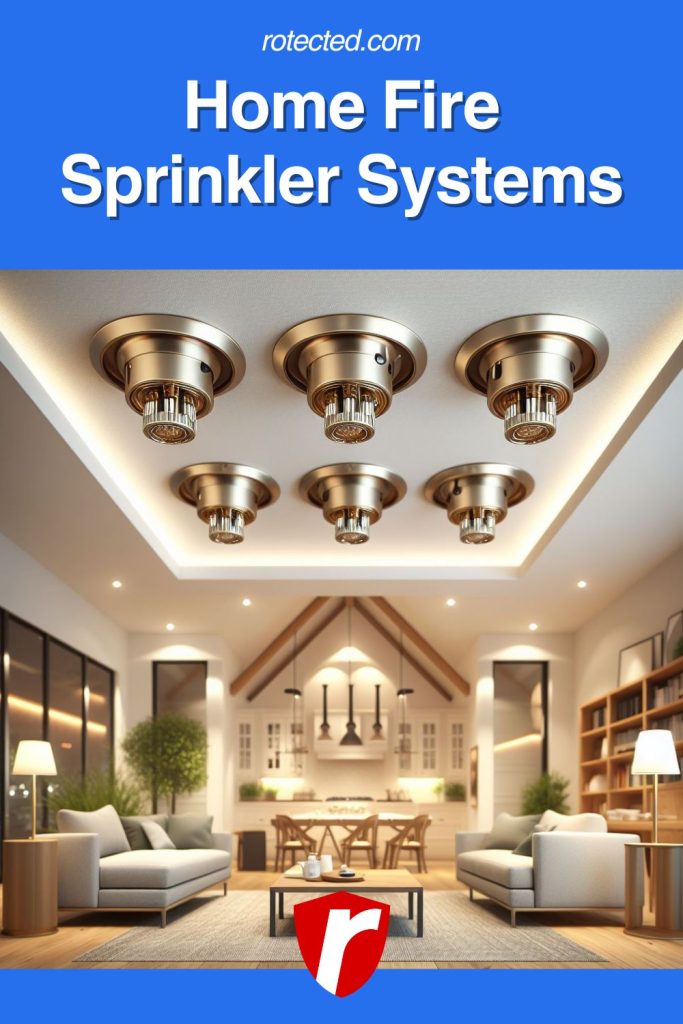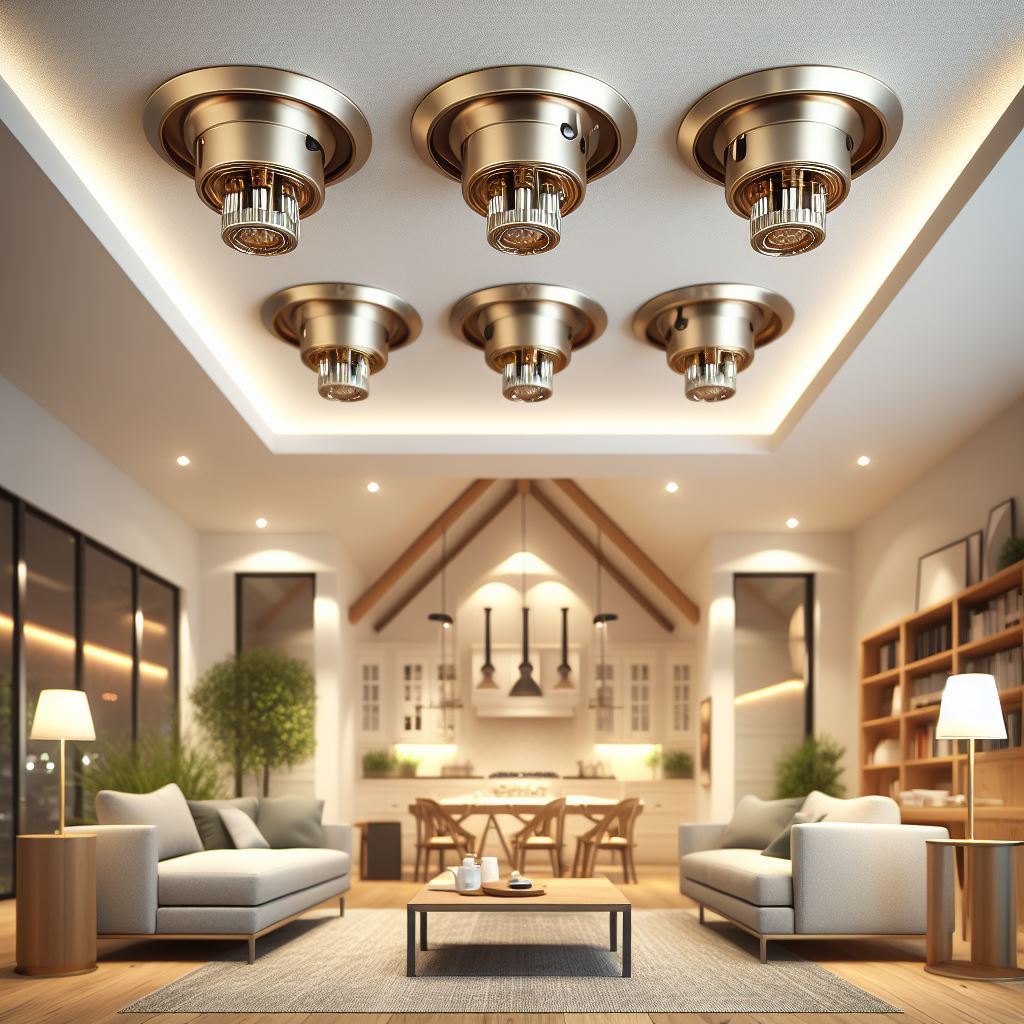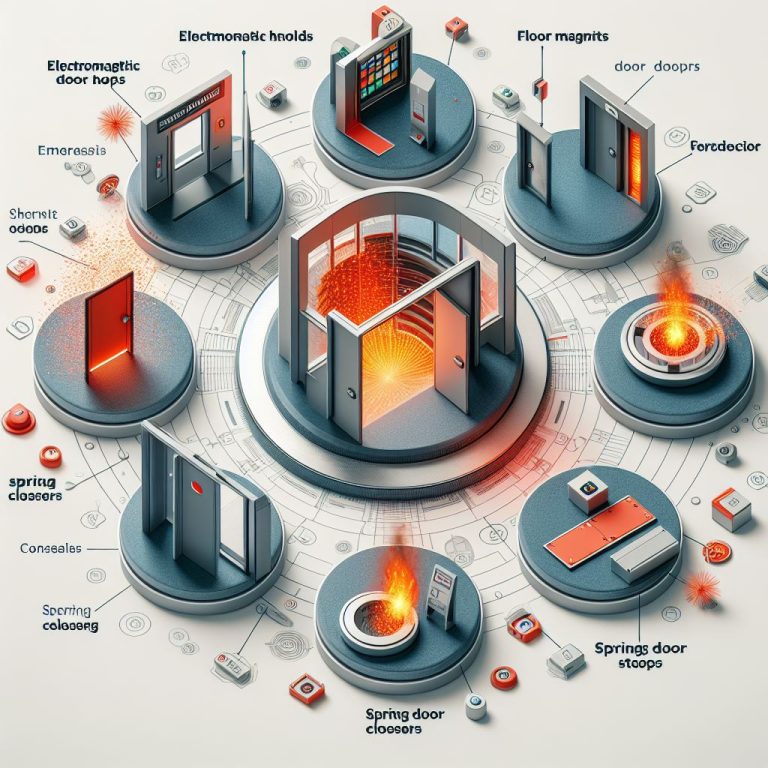In the realm of home safety, the installation of fire sprinkler systems is emerging as a proactive and effective measure to protect lives and property. While fire alarms are common in households, the addition of sprinkler systems takes safety to the next level by providing immediate response and containment. In this article, we delve into the significance of home fire sprinkler systems and how they enhance residential safety.
Understanding Home Fire Sprinkler Systems
Home fire sprinkler systems are designed to detect and control fires at their origin, providing an immediate response to contain and suppress flames. Unlike the sprinklers seen in commercial buildings, residential sprinkler systems are discreet, blending seamlessly with the home’s interior while offering unparalleled protection.
Immediate Response to Fire
One of the primary advantages of home fire sprinkler systems is their immediate response to a fire outbreak. These systems activate independently, reacting to the heat generated by a fire. This rapid response significantly reduces the spread of flames, minimizing damage and, more importantly, providing occupants with precious time to evacuate safely.
Effectiveness in Fire Suppression
Home fire sprinkler systems are highly effective in suppressing fires. They release water directly at the source of the flames, preventing the fire from intensifying and spreading. This targeted approach not only limits property damage but also enhances the safety of residents by creating a more controlled environment during a fire emergency.
Minimal Water Usage
Contrary to common misconceptions, home fire sprinkler systems use significantly less water compared to the hoses used by firefighters. This conservation of water is critical in averting potential water damage caused by firefighting efforts.
The controlled release of water from sprinklers ensures that the overall water damage is far less than what might occur in the absence of such a system.
Reducing the Risk of Fatalities and Injuries
The most significant impact of home fire sprinkler systems is the reduction in the risk of fatalities and injuries during a fire. According to the National Fire Protection Association (NFPA), sprinklers can decrease the likelihood of death by 80% and the risk of injury by 70%. These systems provide a lifeline, especially in situations where swift evacuation may be challenging.
Cost-Effective Investment
While the initial cost of installing a home fire sprinkler system may seem daunting, it is essential to view it as a long-term investment. The potential loss of life, property, and the costs associated with post-fire restoration far outweigh the upfront expenses. Additionally, many insurance providers offer discounts on homeowners’ insurance premiums for properties equipped with sprinkler systems, making it a cost-effective safety solution.
Compatibility with Residential Aesthetics
Modern home fire sprinkler systems are designed with aesthetics in mind. The sprinkler heads are inconspicuous, blending seamlessly with the interior decor. Homeowners can choose finishes that match their preferences, ensuring that safety measures do not compromise the overall aesthetics of their living spaces.
Easy Maintenance
Maintaining a home fire sprinkler system is relatively straightforward. Regular inspections by professionals ensure that the system remains in optimal condition. Homeowners can take comfort in the fact that, once installed, these systems require minimal effort to ensure their continued effectiveness.
Legislative Support and Adoption
Recognizing the effectiveness of home fire sprinkler systems, some jurisdictions are adopting legislation that encourages or mandates their installation in new residential constructions. This proactive approach by lawmakers emphasizes the importance of these systems in enhancing overall community safety.
Public Awareness and Education
Increasing public awareness about the benefits of home fire sprinkler systems is crucial for their widespread adoption. Education campaigns highlighting their effectiveness, dispelling myths, and showcasing success stories can contribute to a broader understanding of the role these systems play in residential safety.

Conclusion
In conclusion, home fire sprinkler systems represent a pivotal advancement in residential safety, providing immediate and targeted responses to fires. Beyond property protection, these systems offer a lifeline, significantly reducing the risk of casualties and injuries during a fire emergency.
As technology continues to evolve, and public awareness grows, home fire sprinkler systems are poised to become an integral component of comprehensive residential safety measures.




